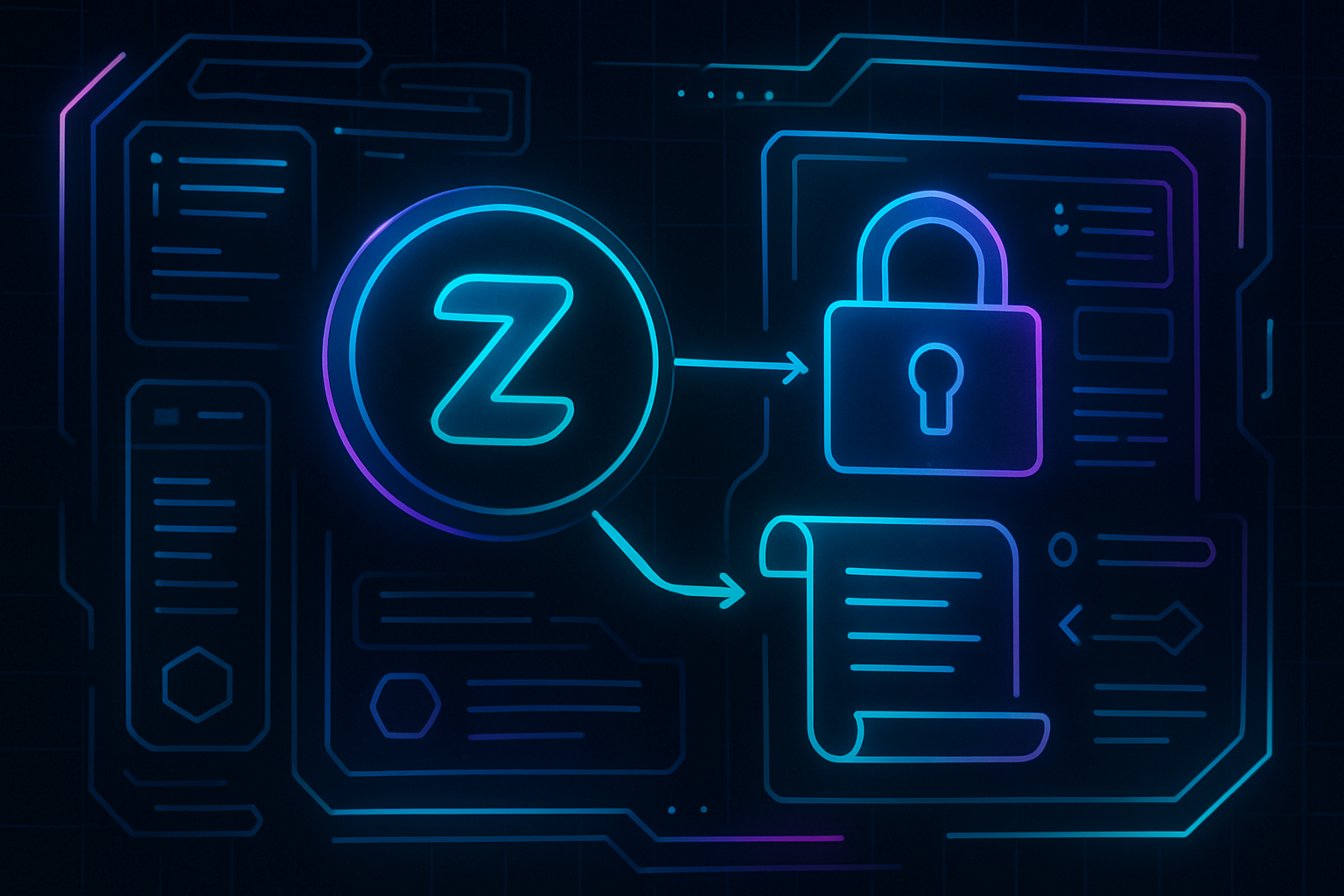
Confidential smart contracts have been a holy grail for blockchain developers, but until recently, practical solutions were either too slow or required trust assumptions that broke the core value prop of decentralization. Enter Zama’s FHE rollup integration with Conduit, a partnership that’s rewriting the rules for privacy-preserving rollups and composable encrypted contracts in the modular blockchain stack.

Why Privacy is the Missing Piece for Modular Rollups
Rollups have solved scalability, but privacy has lagged behind. Most blockchains expose every transaction and contract state to the world – not exactly enterprise-friendly, especially when you’re dealing with sensitive DeFi positions or user identities. The demand for blockchain confidential computing is real. Until now, most privacy solutions forced users to compromise on composability or decentralization. Zama’s FHE (Fully Homomorphic Encryption) tech flips this script by letting smart contracts compute directly on encrypted data without ever decrypting it.
The result? Confidential smart contracts that work like normal EVM contracts but keep all sensitive logic and inputs hidden from everyone except whitelisted parties. This means you can build DeFi protocols, on-chain games, or even healthcare dApps where user data never leaks – not even to validators.
The Mechanics: How Zama and Conduit Deliver Confidentiality at Scale
Zama’s integration with Conduit isn’t just some bolt-on privacy add-on – it’s a purpose-built architecture running on a dedicated Arbitrum rollup. Here’s how it works:
Key Features of Zama FHE Rollup Integration with Conduit
-

End-to-End Confidentiality with FHE: Zama’s Fully Homomorphic Encryption (FHE) enables smart contracts to process encrypted data without decryption, ensuring privacy for all computations on the rollup.
-

Dedicated Arbitrum Rollup Powered by Conduit: The integration runs on a custom Arbitrum rollup managed by Conduit, designed for maximal performance and cost efficiency for confidential contract execution.
-

Custom $ZAMA Gas Token: All transactions on the Zama rollup use a dedicated $ZAMA gas token, optimizing fees for FHE operations and supporting the protocol’s unique economic model.
-
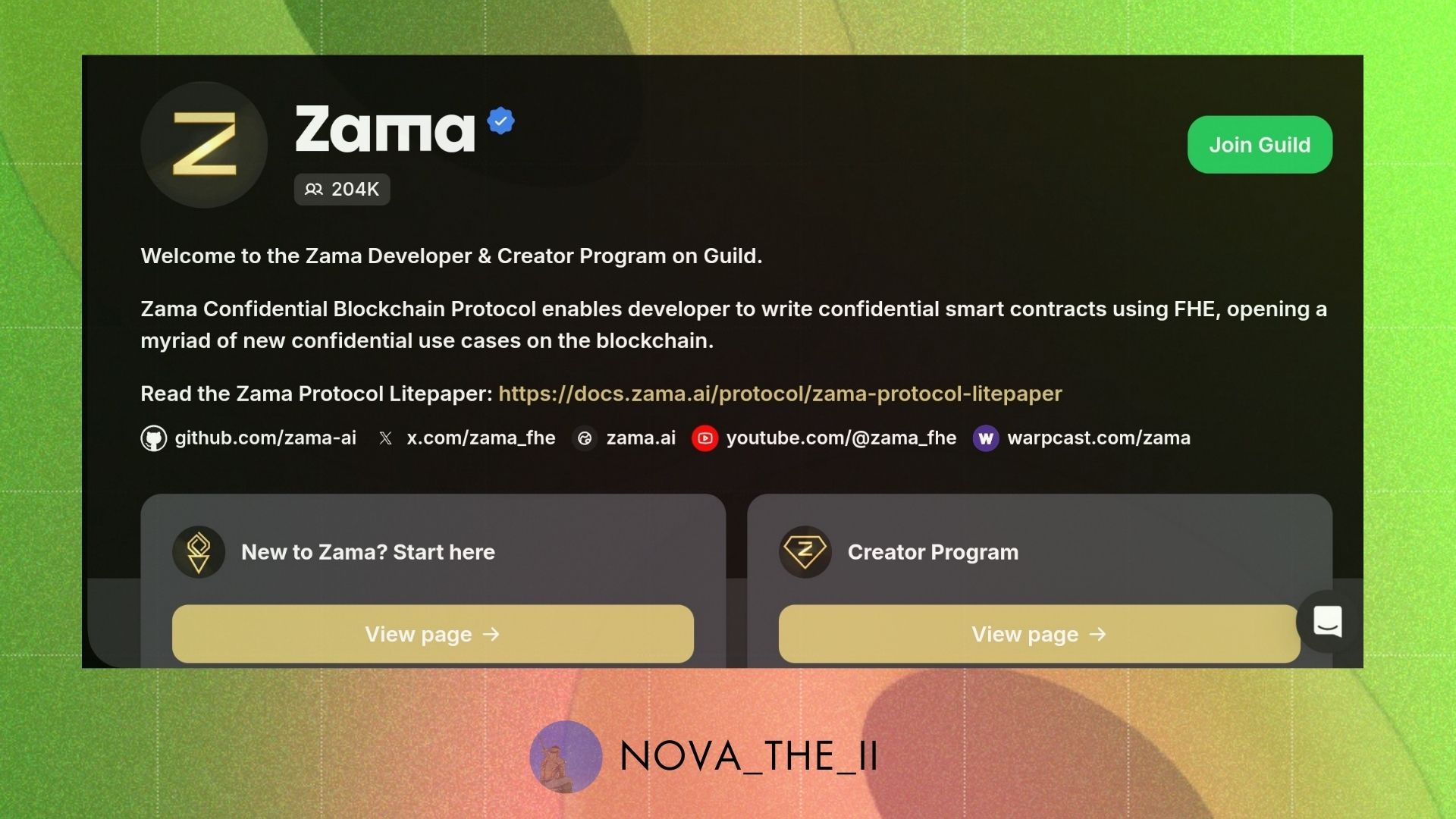
Composable Confidential Smart Contracts: Developers can build confidential smart contracts that function like standard EVM contracts, with encrypted logic and data, while maintaining composability and interoperability with other blockchains.
-
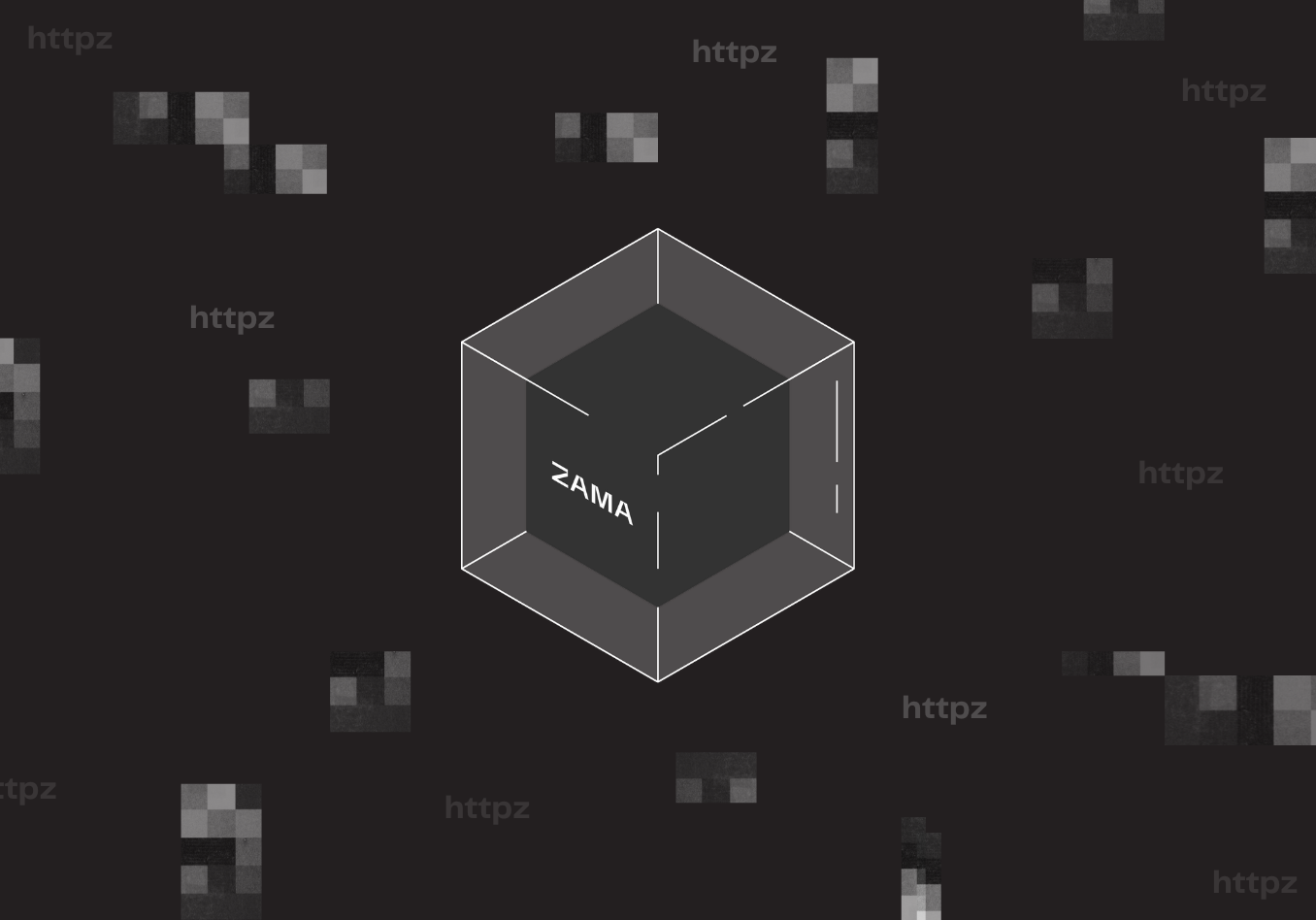
Secure Cross-Chain Communication: The Zama Protocol relays encrypted and verifiable results back to the host chain, enabling secure interaction between the FHE rollup and any EVM-compatible blockchain.
-
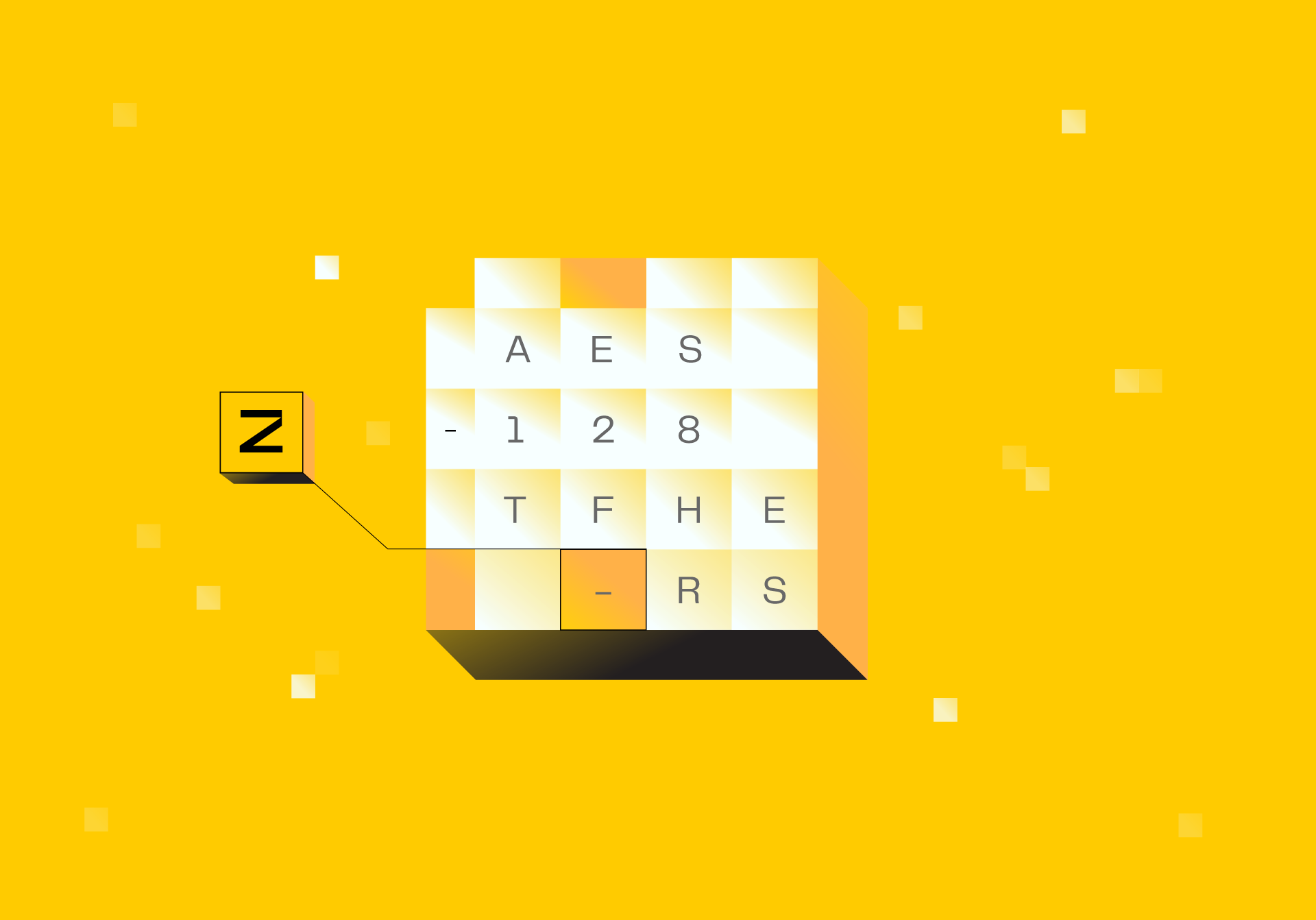
Enterprise-Grade Privacy Controls: Whitelisted users can access decryption keys as needed, making the solution suitable for enterprise and regulated environments that require granular data access management.
The dedicated chain is optimized for parallel FHE operations and introduces a custom gas token ($ZAMA). Users interact with confidential contracts through this chain; results are relayed back to the host chain while keeping all computations encrypted and verifiable. Developers get the best of both worlds: full EVM compatibility plus bulletproof confidentiality.
What Sets Zama-Conduit Apart from Other Privacy Solutions?
This isn’t just another zero-knowledge proof system or trusted execution environment (TEE). With FHE-powered rollups via Conduit, you get:
- No trusted setup: No need to trust hardware vendors or centralized parties.
- Composability: Encrypted smart contracts can call each other and interact just like regular contracts.
- Ecosystem interoperability: Any EVM-compatible blockchain can tap into this tech via standard bridges.
- Enterprise-grade privacy: Whitelisted access to decryption keys means compliance without compromise.
This approach is rapidly gaining traction as enterprises look for ways to leverage public blockchains without exposing their data. The $57m Series B raise at a $1b and valuation shows serious conviction in this vision (source). And as more modular chains adopt these standards, expect confidential DeFi solutions and private dApps to become the new normal – not the exception.
Developers are already experimenting with FHE-powered rollups for use cases that were previously off-limits on public chains. Think confidential auctions, encrypted on-chain voting, or DeFi lending markets where collateral and loan terms stay private by default. The ability to compose these contracts without leaking sensitive business logic is a game-changer for both startups and enterprises exploring modular blockchain privacy.
Another underrated advantage? By integrating directly at the rollup layer, Zama and Conduit sidestep the performance bottlenecks of L1 privacy solutions. FHE computations are notoriously heavy, but the Arbitrum-based architecture, custom $ZAMA gas token, and parallelization mean that privacy doesn’t come at the cost of throughput or user experience. Confidential computing finally scales.
Building with Confidentiality: What Developers Need to Know
If you’re a builder eyeing the next wave of privacy-preserving rollups, here’s what matters:
Top Reasons Developers Are Adopting Zama FHE Rollup Integration
-

Confidential Smart Contracts on Any EVM Chain: Zama’s FHE integration enables developers to build confidential smart contracts that run on EVM-compatible blockchains, allowing computations on encrypted data without exposing sensitive information.
-

Seamless Integration with Arbitrum Rollups: Zama operates a dedicated Arbitrum rollup powered by Conduit, optimized for parallel FHE operations and offering high performance and cost efficiency for privacy-preserving applications.
-
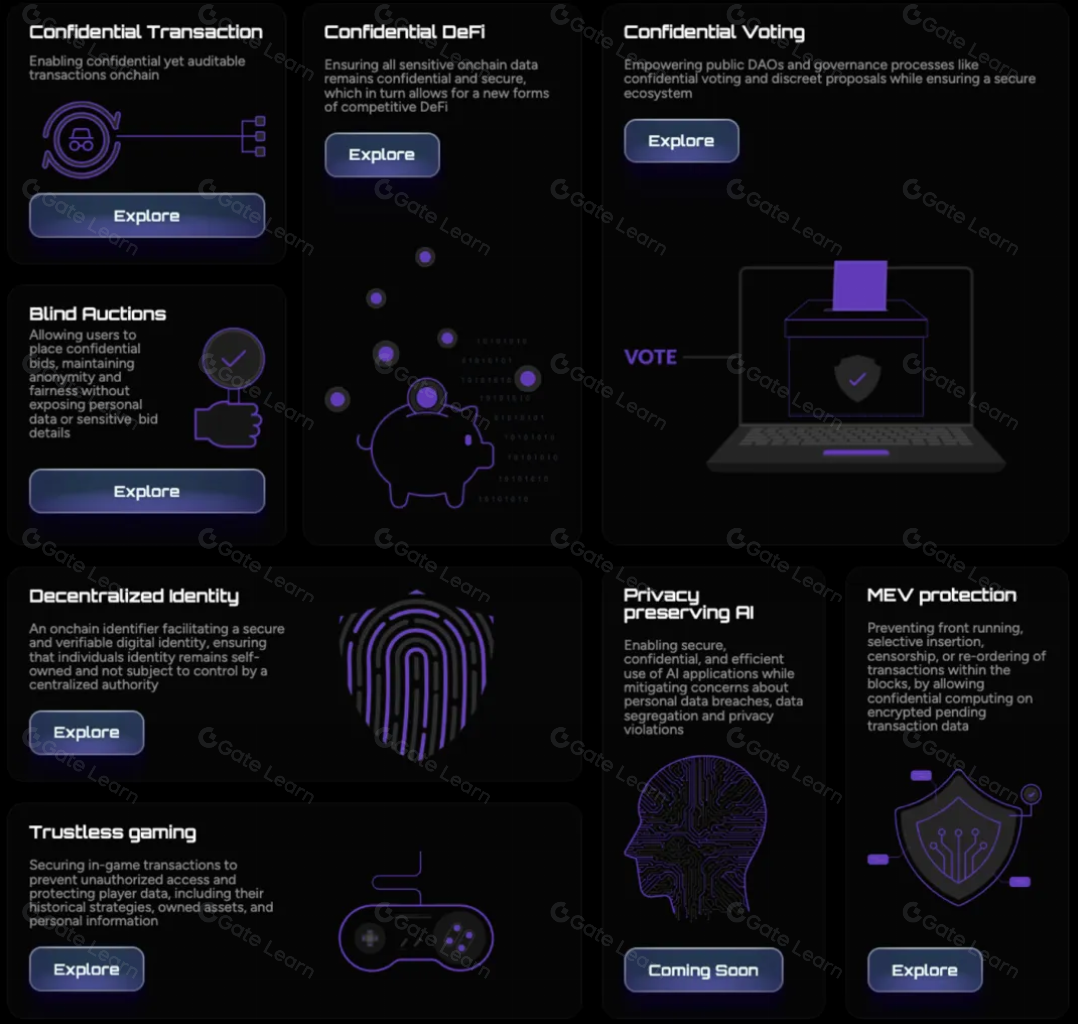
End-to-End Data Privacy: With Fully Homomorphic Encryption (FHE), developers can ensure that all computations remain encrypted, addressing critical privacy concerns for both enterprises and users.
-

Composability and Decentralization Maintained: Zama’s solution preserves the composability of smart contracts and does not compromise on decentralization, making it practical for mainstream blockchain adoption.
-

Custom Gas Token ($ZAMA): The integration introduces a custom gas token, $ZAMA, designed specifically for FHE operations, streamlining fee payments and optimizing resource allocation for confidential computations.
-
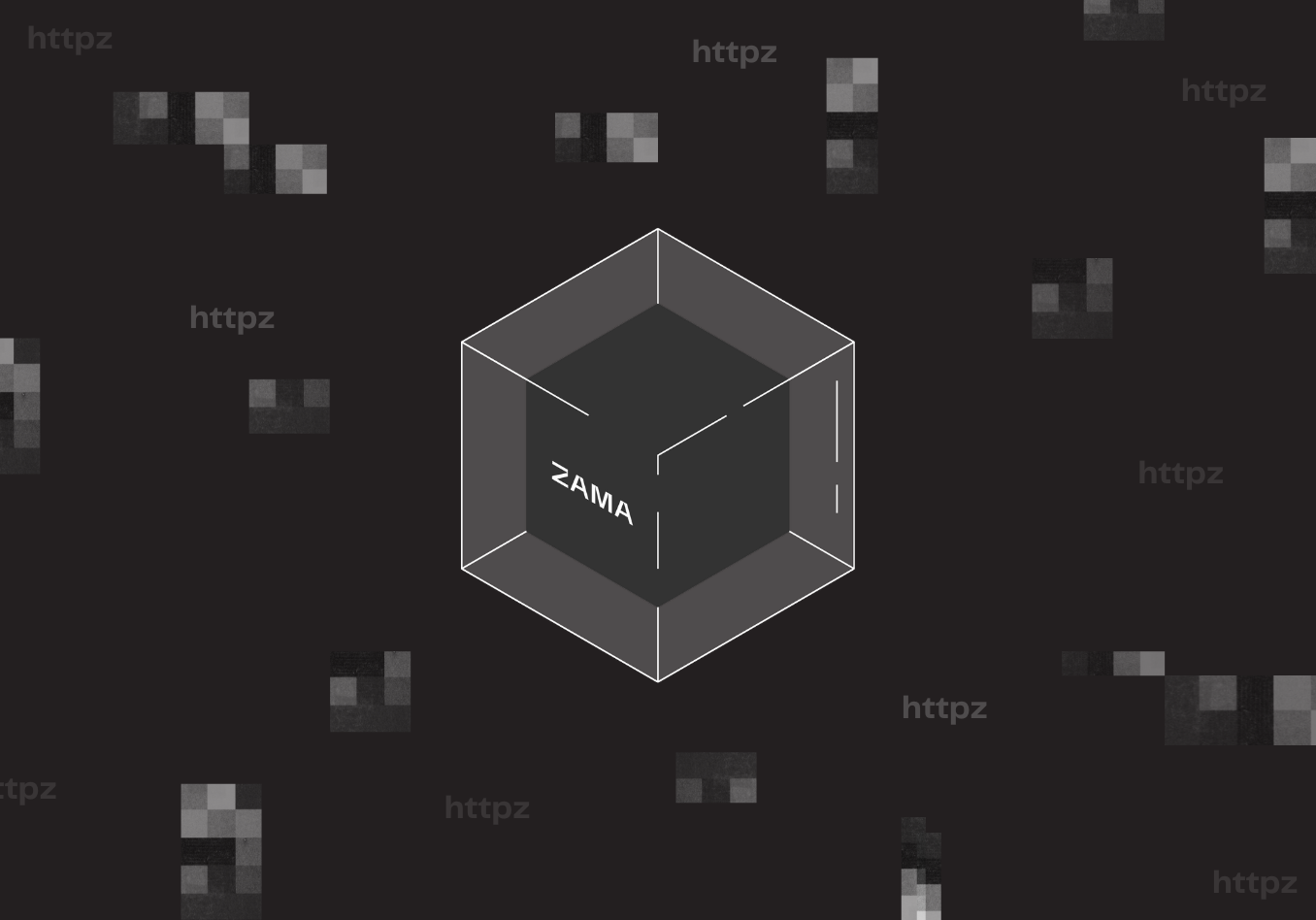
Enterprise-Ready Privacy for Web3: Zama’s FHE rollup integration is tailored for enterprise adoption, providing robust privacy features that meet regulatory and business requirements without sacrificing blockchain benefits.
The open-source fhevm framework (see GitHub) makes it straightforward to write confidential contracts using familiar Solidity-like syntax. No need to learn cryptography from scratch. Plus, with Conduit’s infrastructure handling deployment and relaying, you get seamless interoperability with any EVM chain, ideal for cross-chain DeFi or composable encrypted contracts.
The rollout is already attracting attention from privacy-focused projects across verticals, DeFi protocols aiming for front-running resistance, DAOs requiring secret ballots, and even healthcare data exchanges looking for regulatory-grade confidentiality. As adoption grows, expect more tooling around key management (whitelisting users), auditability (verifiable computation), and integration with existing DeFi primitives.
The Road Ahead: Privacy as a Standard Feature
Zama’s FHE-Conduit partnership signals a broader shift in modular blockchain design: privacy is no longer an afterthought or bolt-on feature, it’s becoming table stakes. For developers building in 2025 and beyond, confidential smart contracts will be as accessible as standard ones, without sacrificing composability or decentralization.
The market is watching closely as Zama Protocol’s dedicated chain goes live and more Conduit-powered rollups integrate FHE capabilities. The playbook for scaling confidential smart contracts is now open source, and the next wave of innovation in DeFi, gaming, identity, and beyond will be built on top of it.








